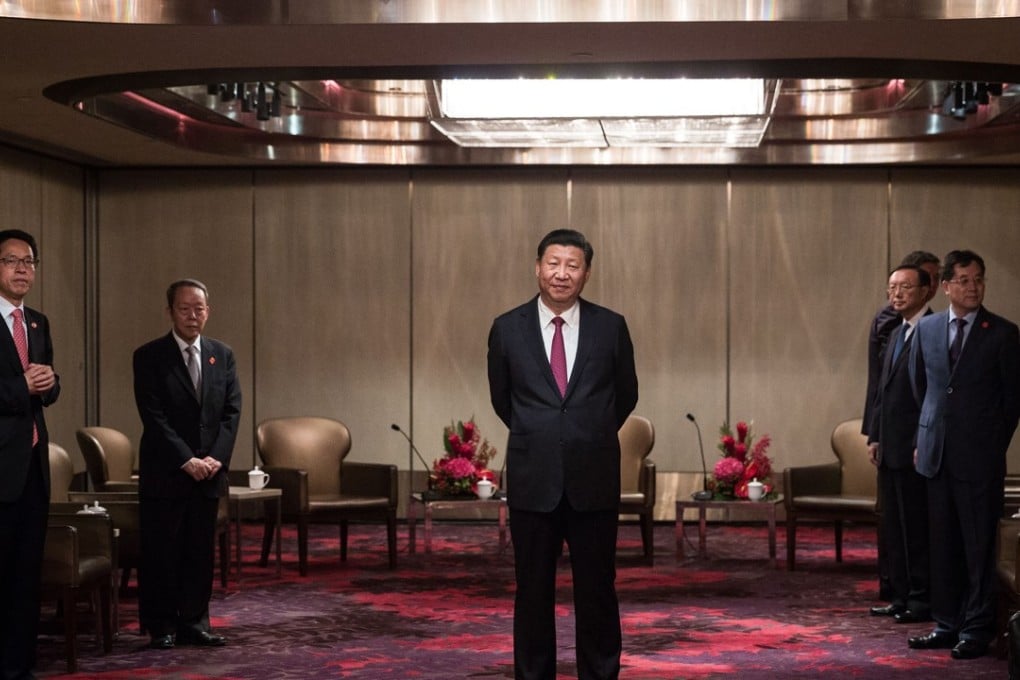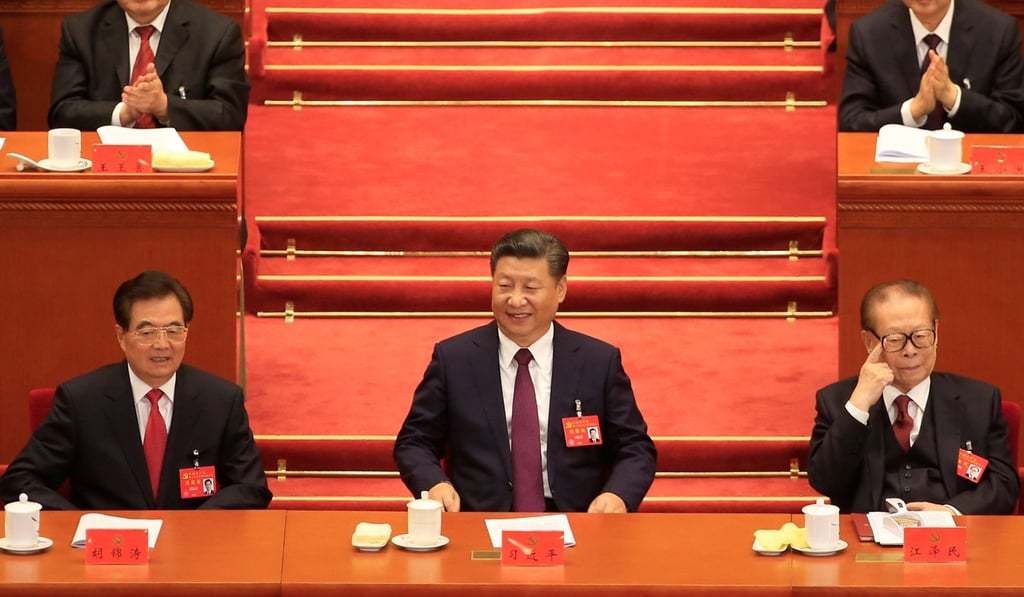Can China avoid sliding back into strongman politics as Xi Jinping reshapes charter in his own image?
If anything goes wrong ‘one person will have to accept responsibility for everything’, expert warns

The Communist Party’s plan to remove the two-term limit on China’s presidency from the country’s constitution has sparked a global debate about the dangers of a return to strongman politics.
Even though many had anticipated Xi – the most powerful Chinese leader since Mao Zedong – would find a way to retain power after completing his second five-year term as president, which has yet to start, few could have guessed he would reveal his cards so early.
China to be more open to foreign investment, speed up Beijing-led trade bloc and strengthen its military: Li Keqiang
If Xi’s goal was merely to remain in control, the presidency, a largely ceremonial office with limited power, would not be critical. Its value mainly rests on it being the best title for Xi to represent China on the world stage, but it was also the only one of his many titles – the chief of which are party general secretary and chairman of the Central Military Commission – with an explicit term limit.
The proposed constitutional amendment announced on February 25 shows that Xi plans to stay in control and is ready to abandon a set of written and tacit rules that have partially institutionalised power transitions in China for the past 15 years or more.

Those rules – including the term limit on the state presidency, an unwritten age limit for members of the party’s Politburo Standing Committee, China’s highest decision-making body, and the installation of a designated successor – were established gradually after the 1966-76 Cultural Revolution to broker power-sharing among party factions. Imperfect as they were, they brought about two peaceful power transitions in the past 15 years – from Jiang Zemin to Hu Jintao and then to Xi – a rare feat in modern Chinese history.
Analysts fear abandoning them will significantly increase political risks in an already opaque system. It was not clear what new procedure Xi would come up with to hand over power, they said, and in the absence of one, Chinese politics could get more oppressive and labyrinthine.